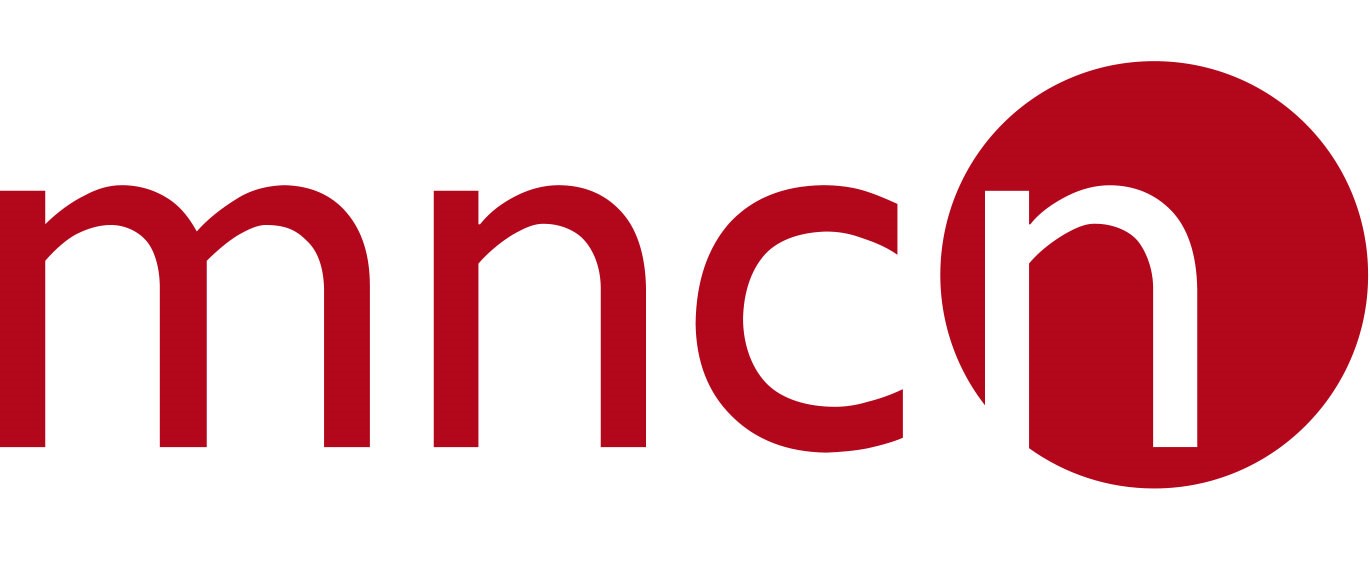DiSSCo
European RI DiSSCo
DiSSCo (Distributed System of Scientific Collections) is a new European research infrastructure (RI) made up of the largest European natural history collections: 170 institutions from 23 countries, which aims to massively improve the ability of scientists to discover, access and analyze complex, previously disaggregated and disjointed information derived from the study of Europe's vast natural science collections.
DiSSCo works towards the digital unification of European natural science assets under common preservation and access policies and practices, and aims to ensure that data are readily Findable, Accessible, Interoperable and Reusable (FAIR).
The initiative was endorsed in the ESFRI Roadmap 2018 to fill a gap in European environmental infrastructures, with the vision of placing European natural science collections at the center of scientific excellence and innovation to promote taxonomic and environmental research, food security, health and the bioeconomy.
DiSSCo Spain
The Spanish National Node is so far formed by five organizations: the Spanish National Research Council (CSIC), the University of Navarra (UNAV), the Complutense University of Madrid (UCM), the University of Valencia (UV) and the Consorci Museu de Ciències Naturals de Barcelona (CMNCB), being led by the Museo Nacional de Ciencias Naturales and coordinated by its director.
CSIC participates through eight research centers: the Museo Nacional de Ciencias Naturales, the Royal Botanical Garden, the Geological and Mining Institute of Spain (IGME), the Spanish Institute of Oceanography (IEO), the Institute of Marine Sciences (ICM), the Mediterranean Institute of Advanced Studies (IMEDEA), the Doñana Biological Station (EBD) and the Center for Advanced Studies of Blanes (CEAB); the UNAV participates through its Science Museum; the UCM participates through several Museums and Collections distributed among the Faculties of Biology, Geology, Pharmacy, Veterinary and Medicine; the UV participates through their Museum of Natural History and the Botanical Garden; and the CMCNB participates through its Museum of Natural Sciences of Barcelona.
Together, their collections hold more than 26 million specimens. The scientific data generated are published in scientific journals and their databases are partially accessible through the Global Biodiversity Information Facility (GBIF).
The consortium is open to new members.
For more information contact info@dissco-spain.es





